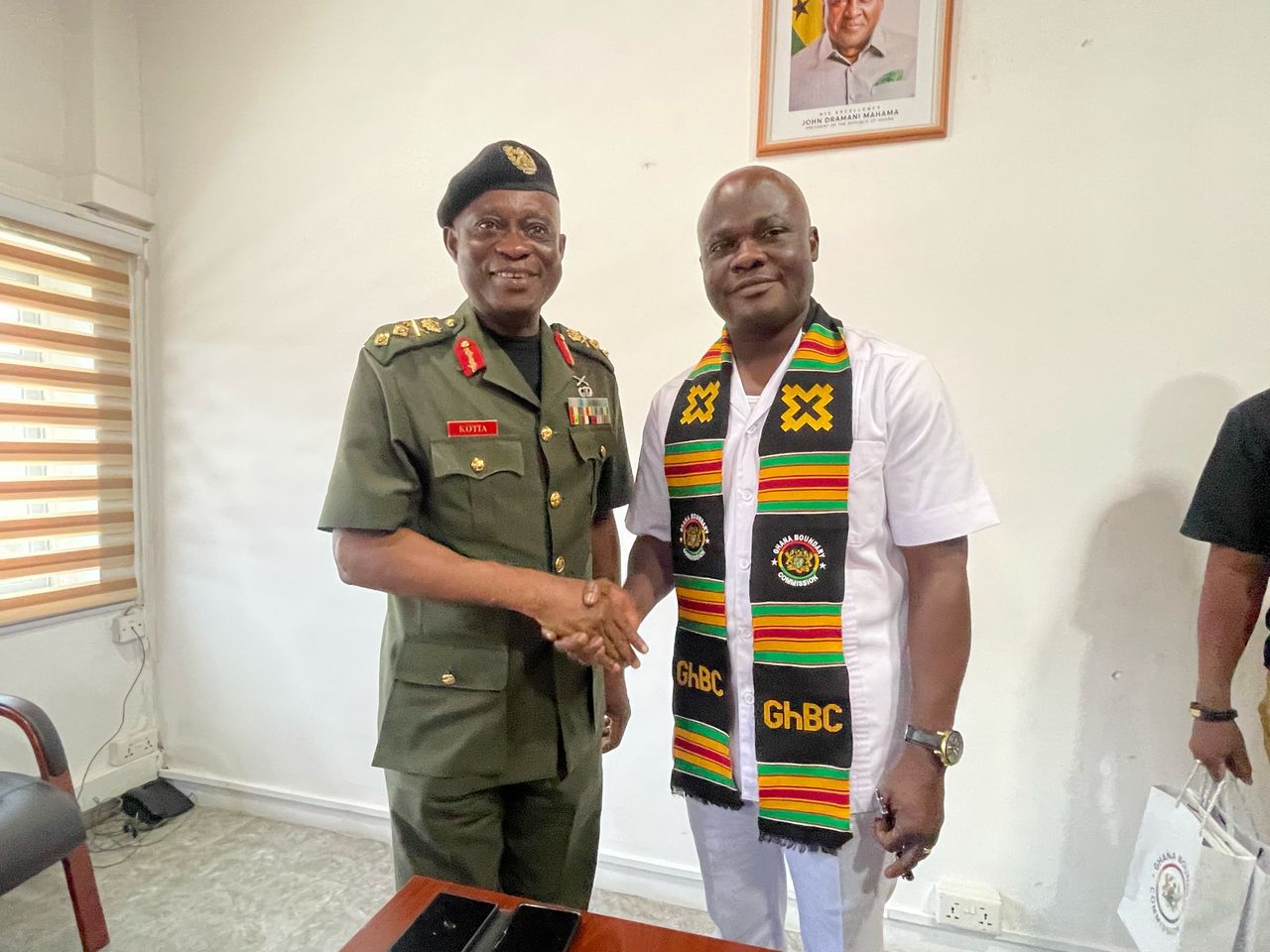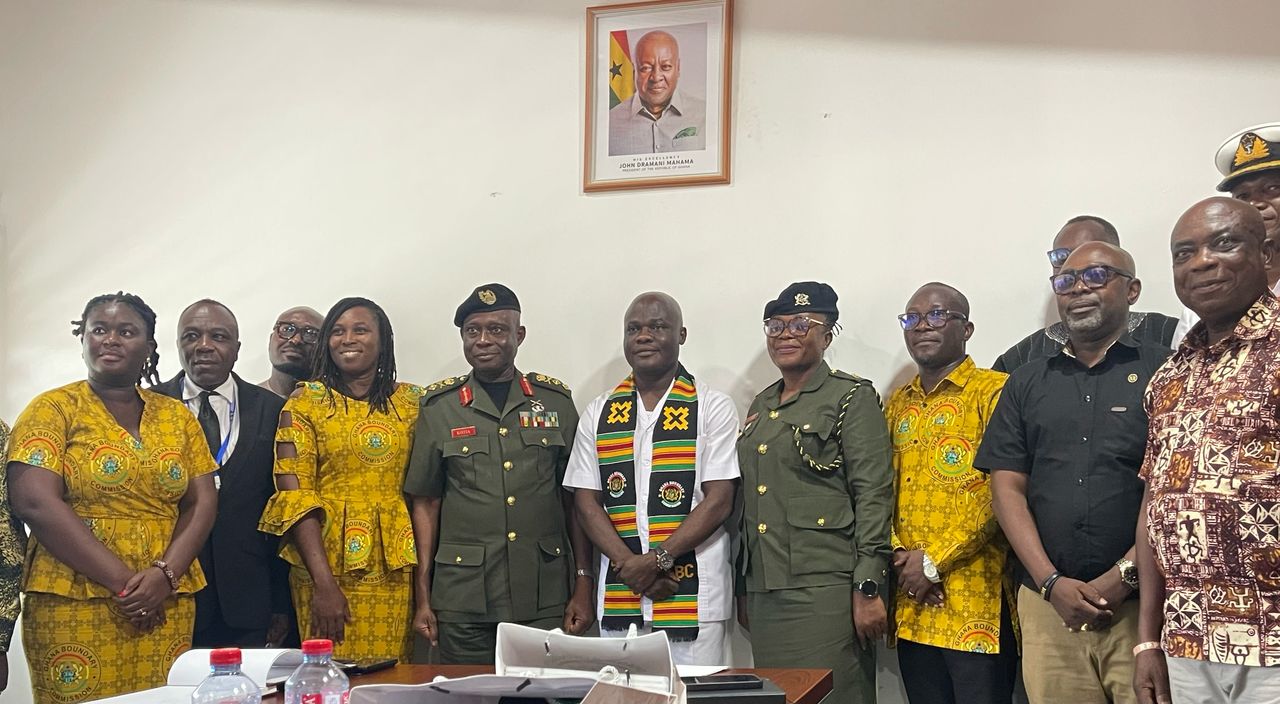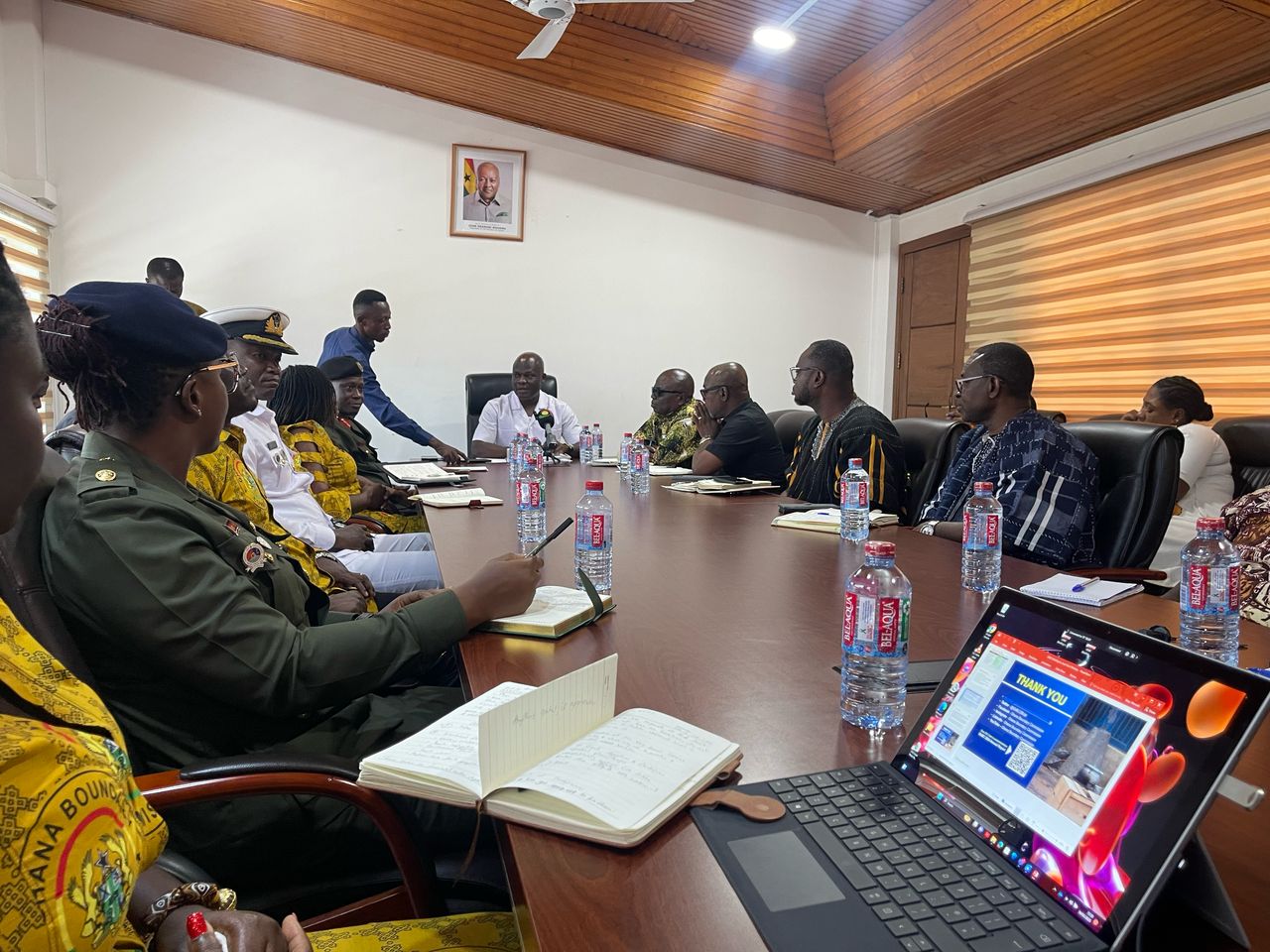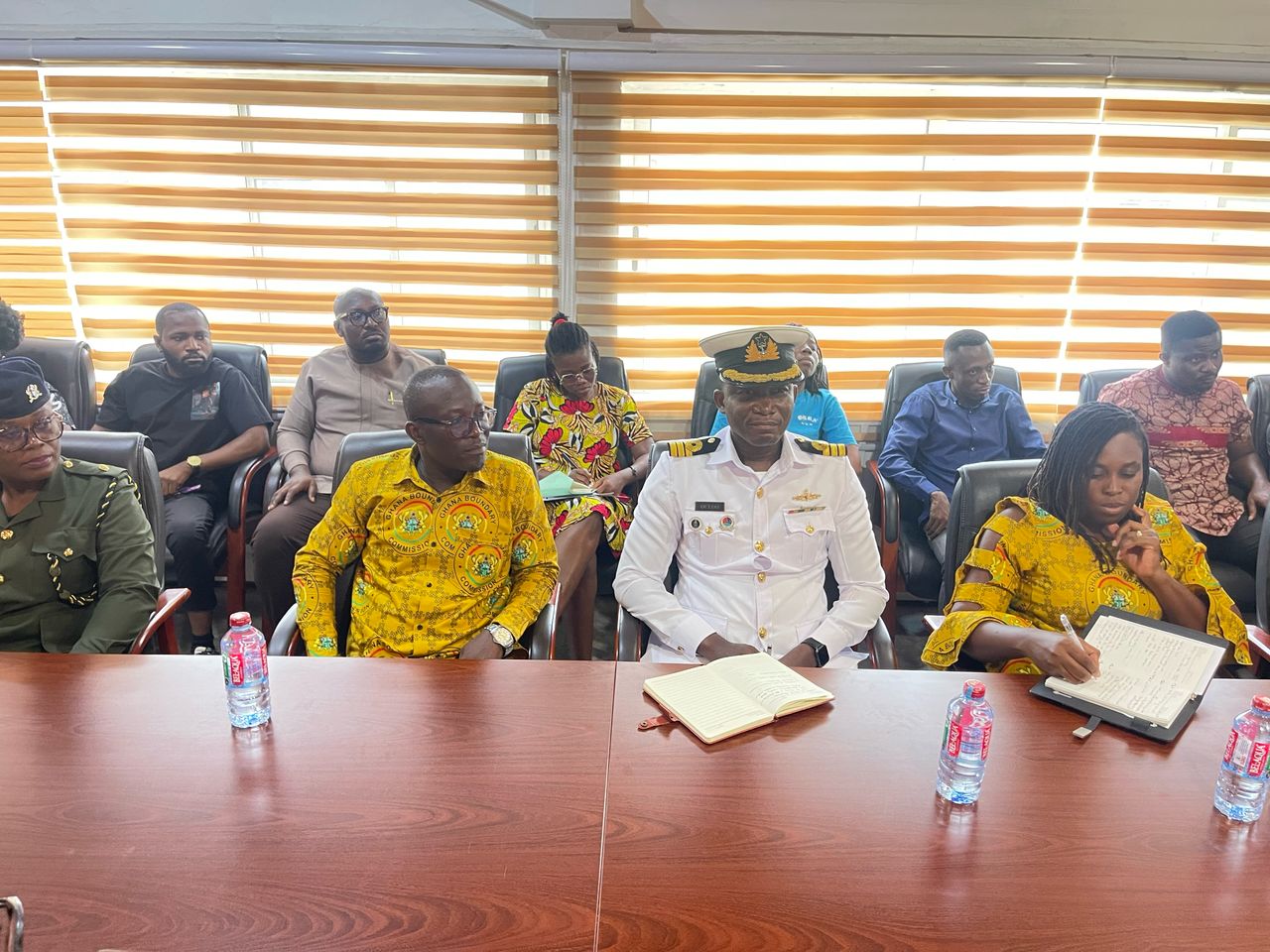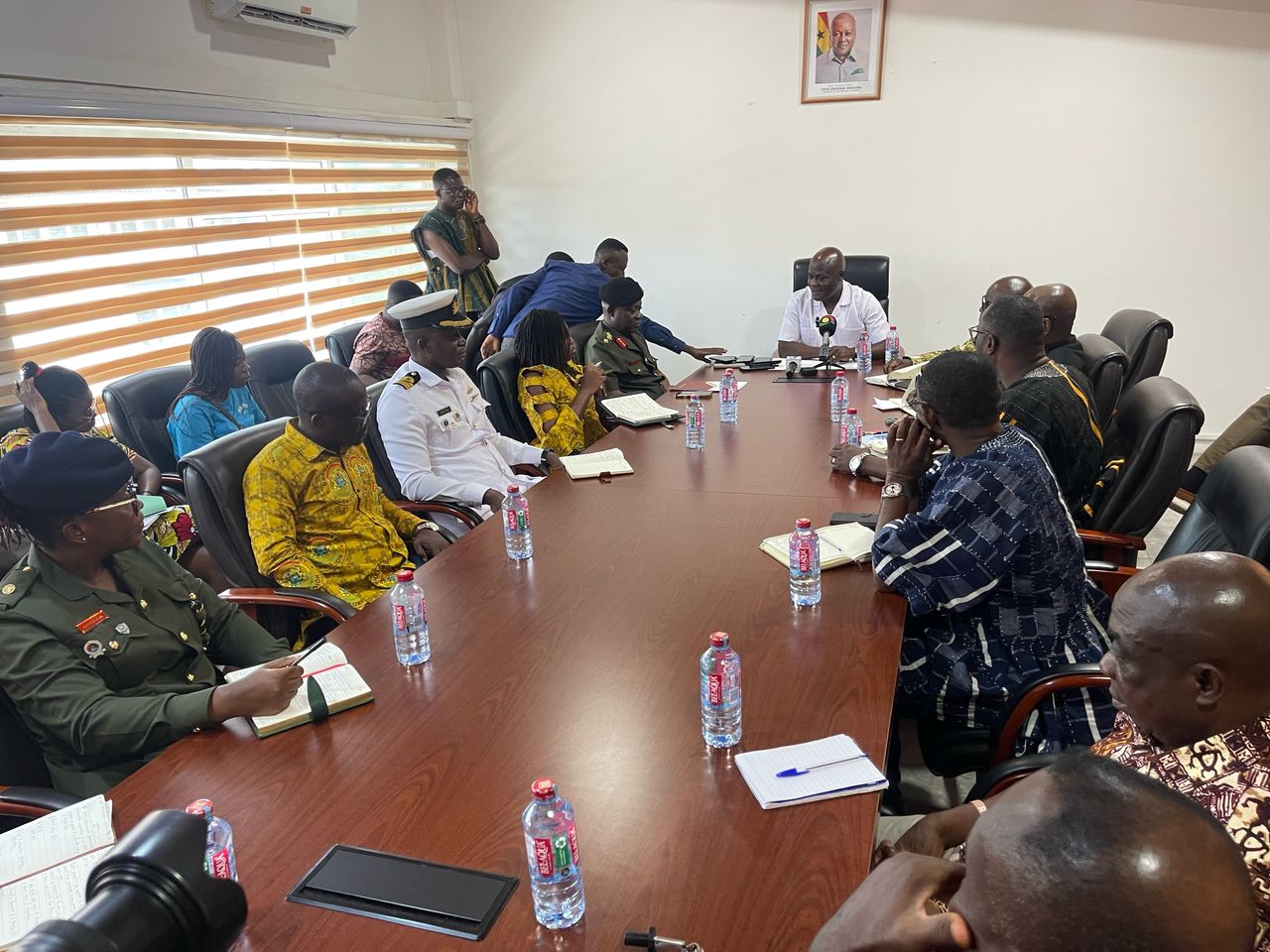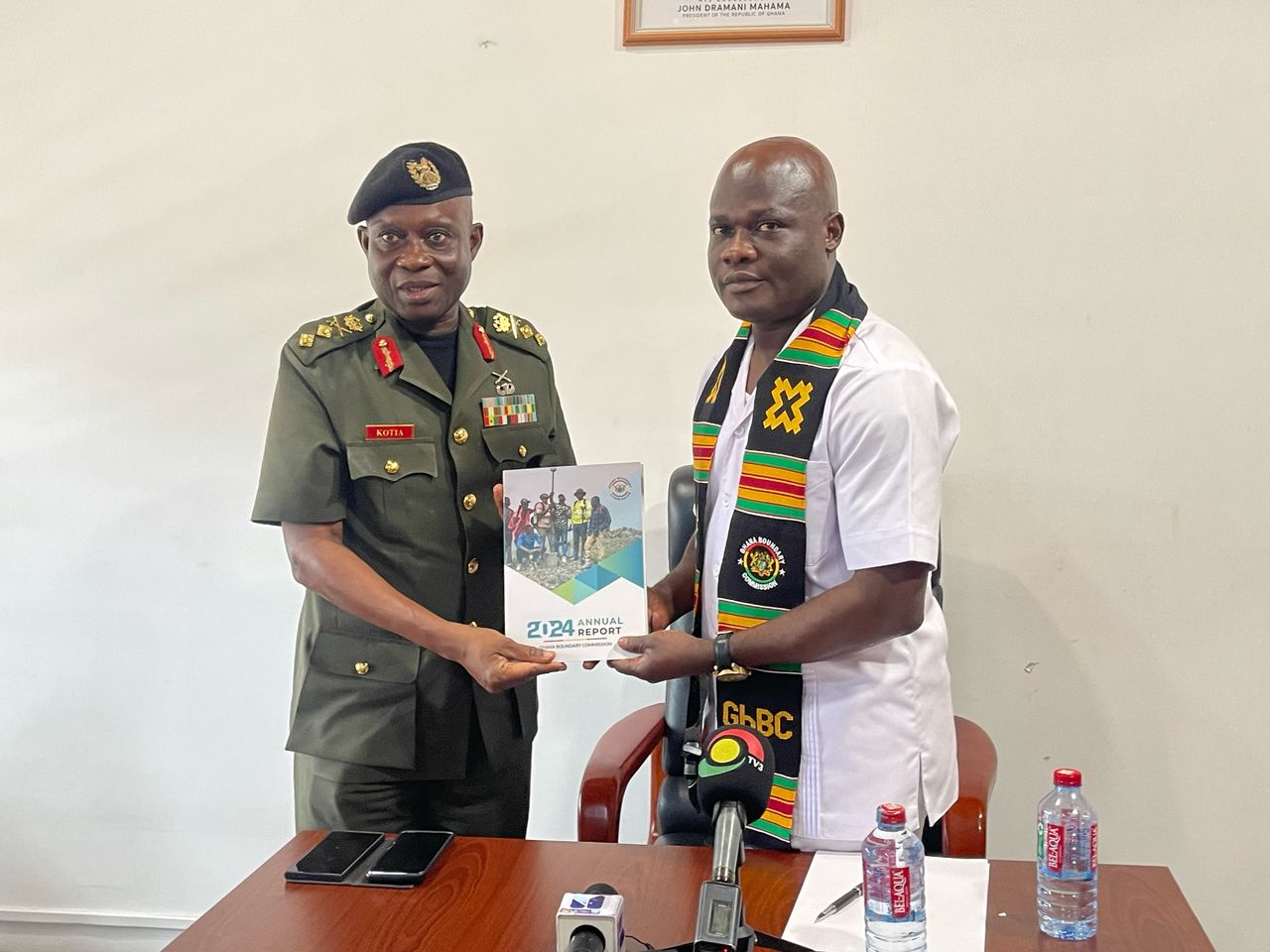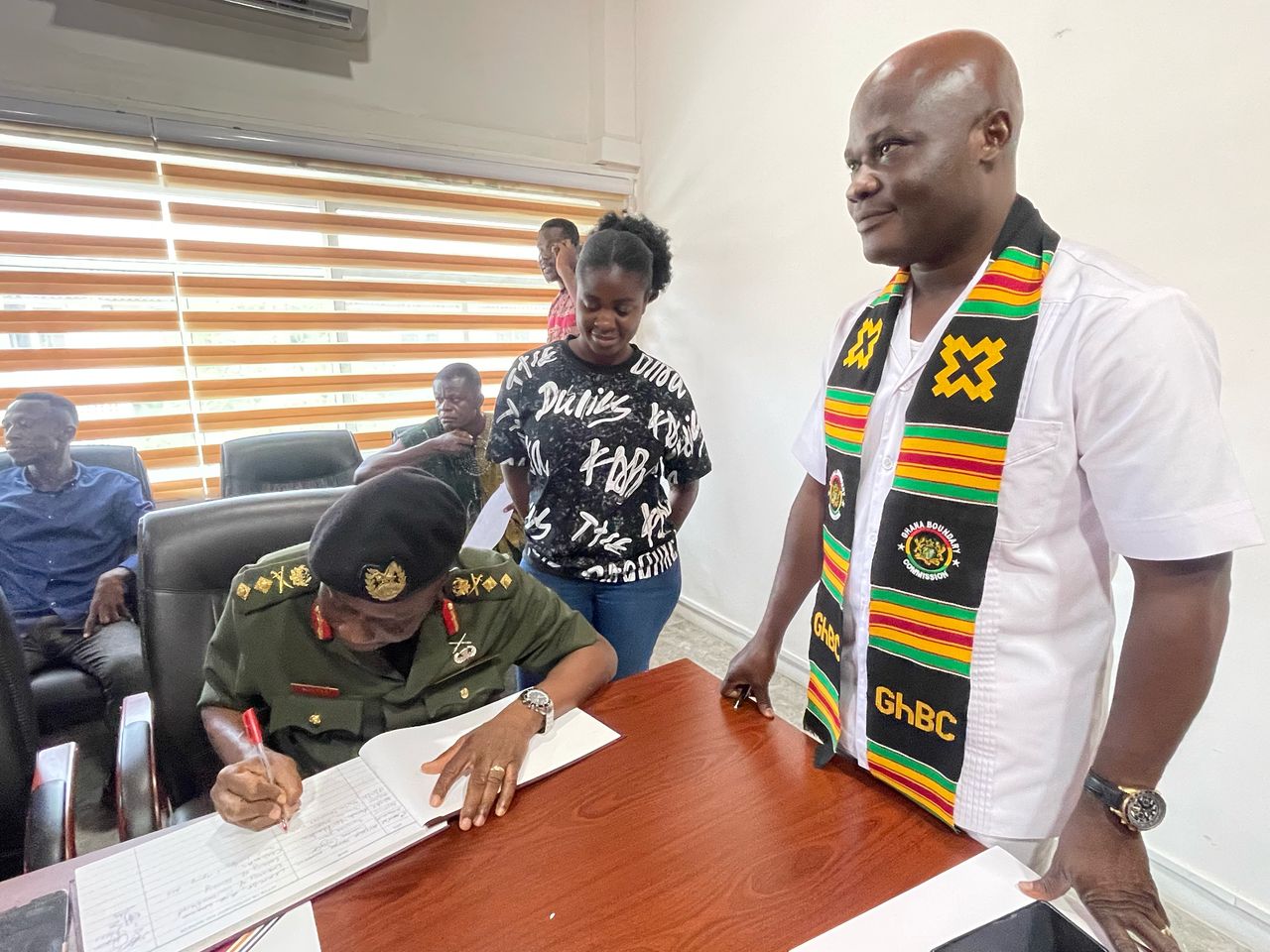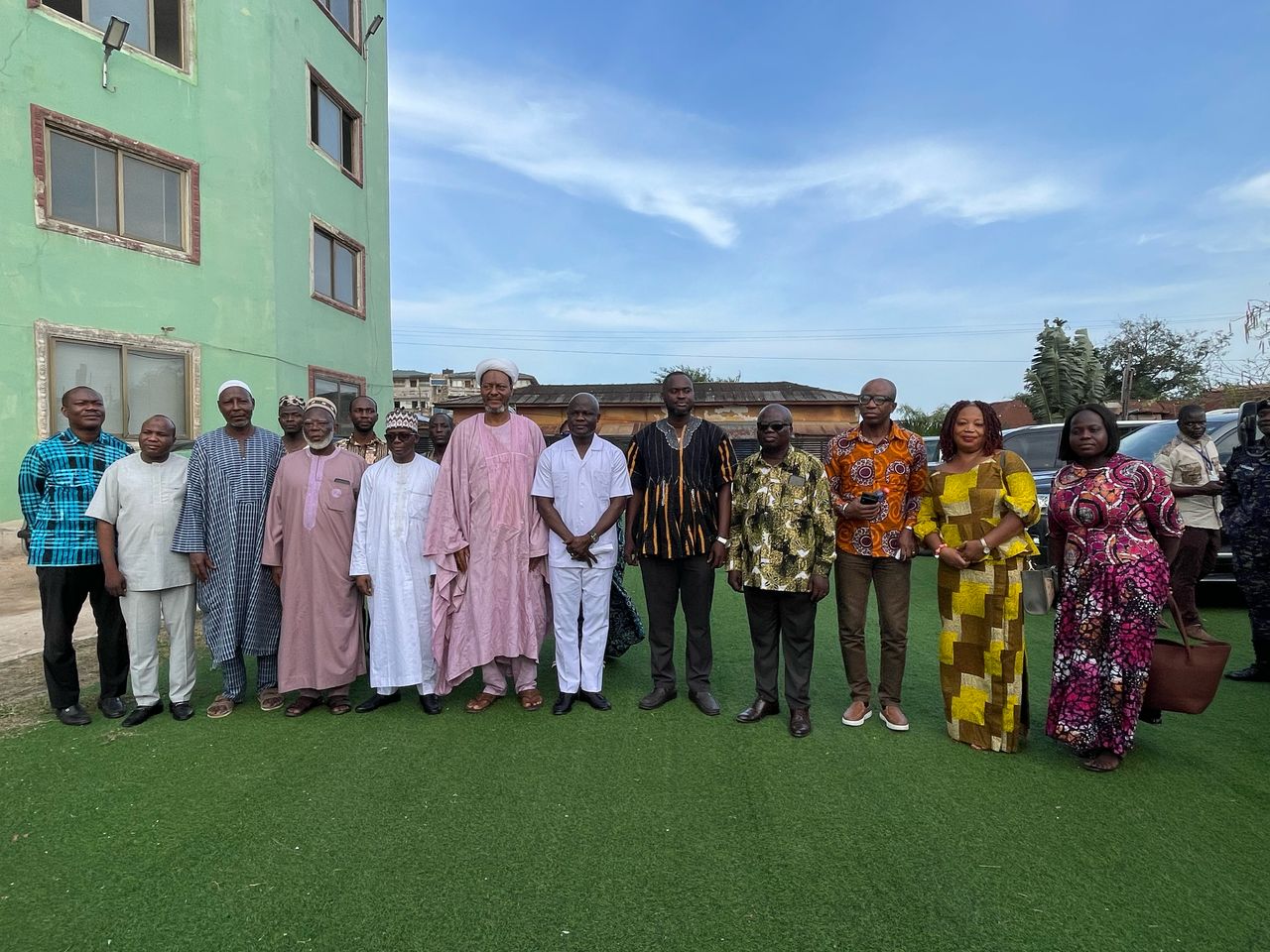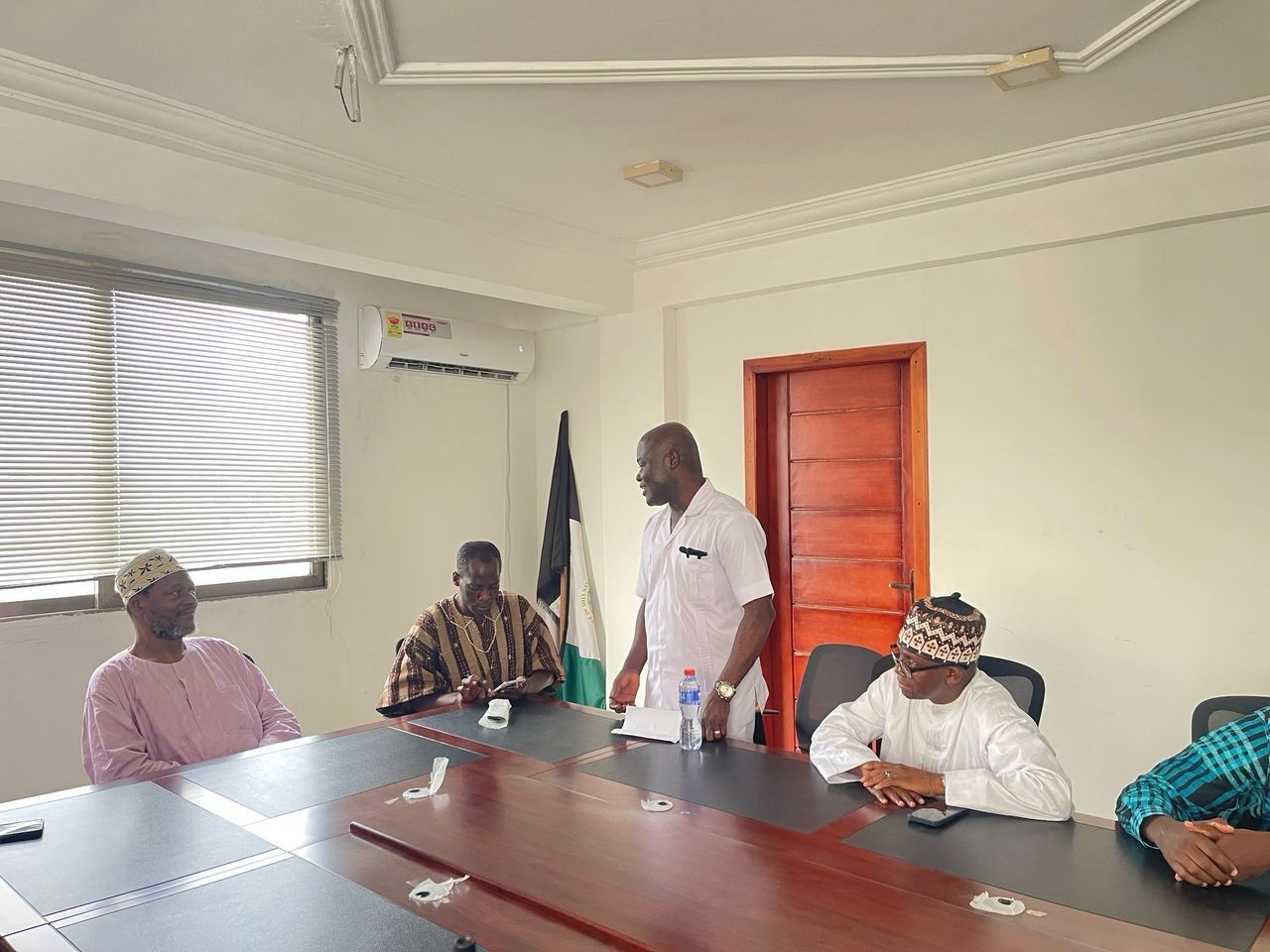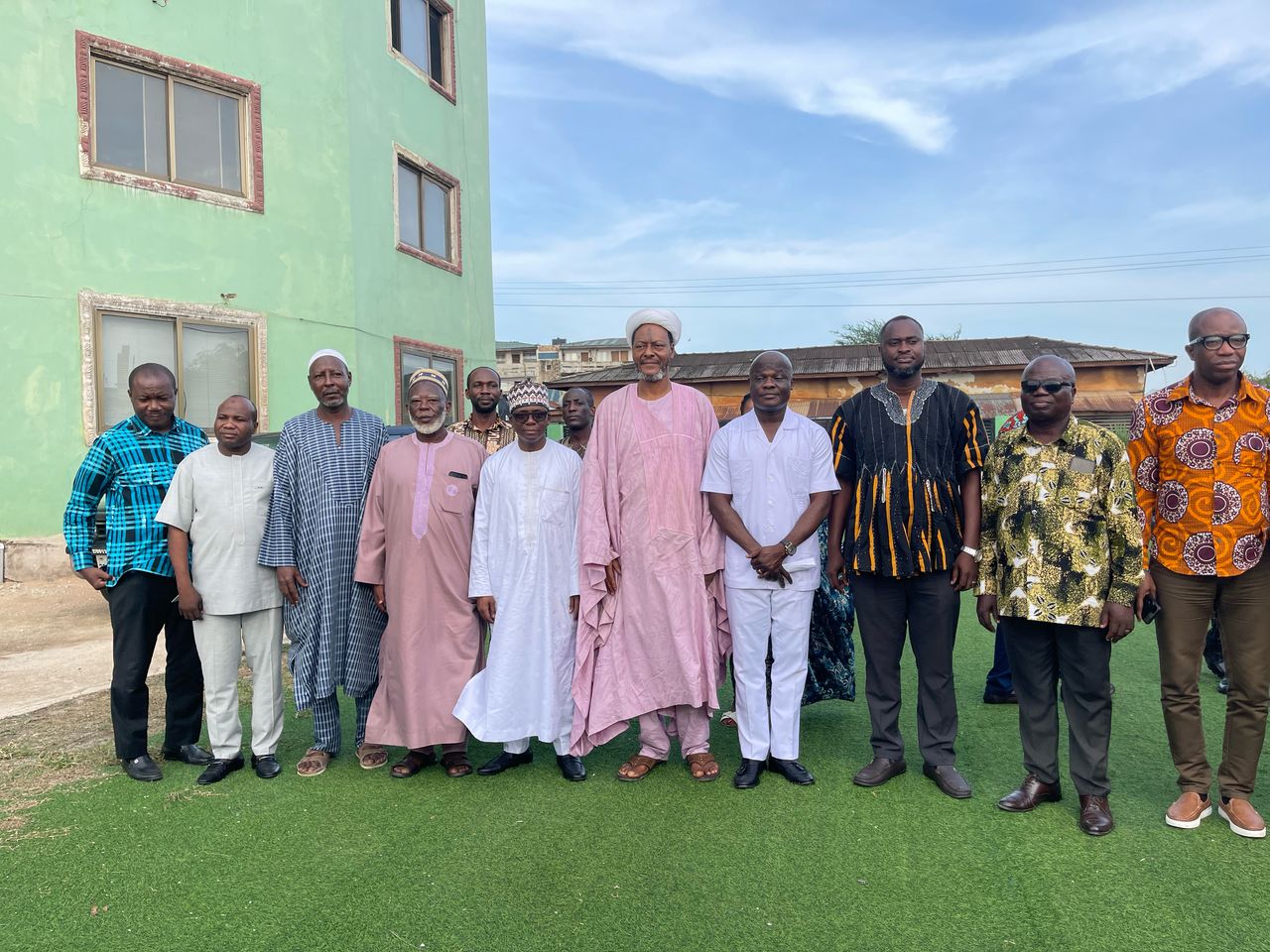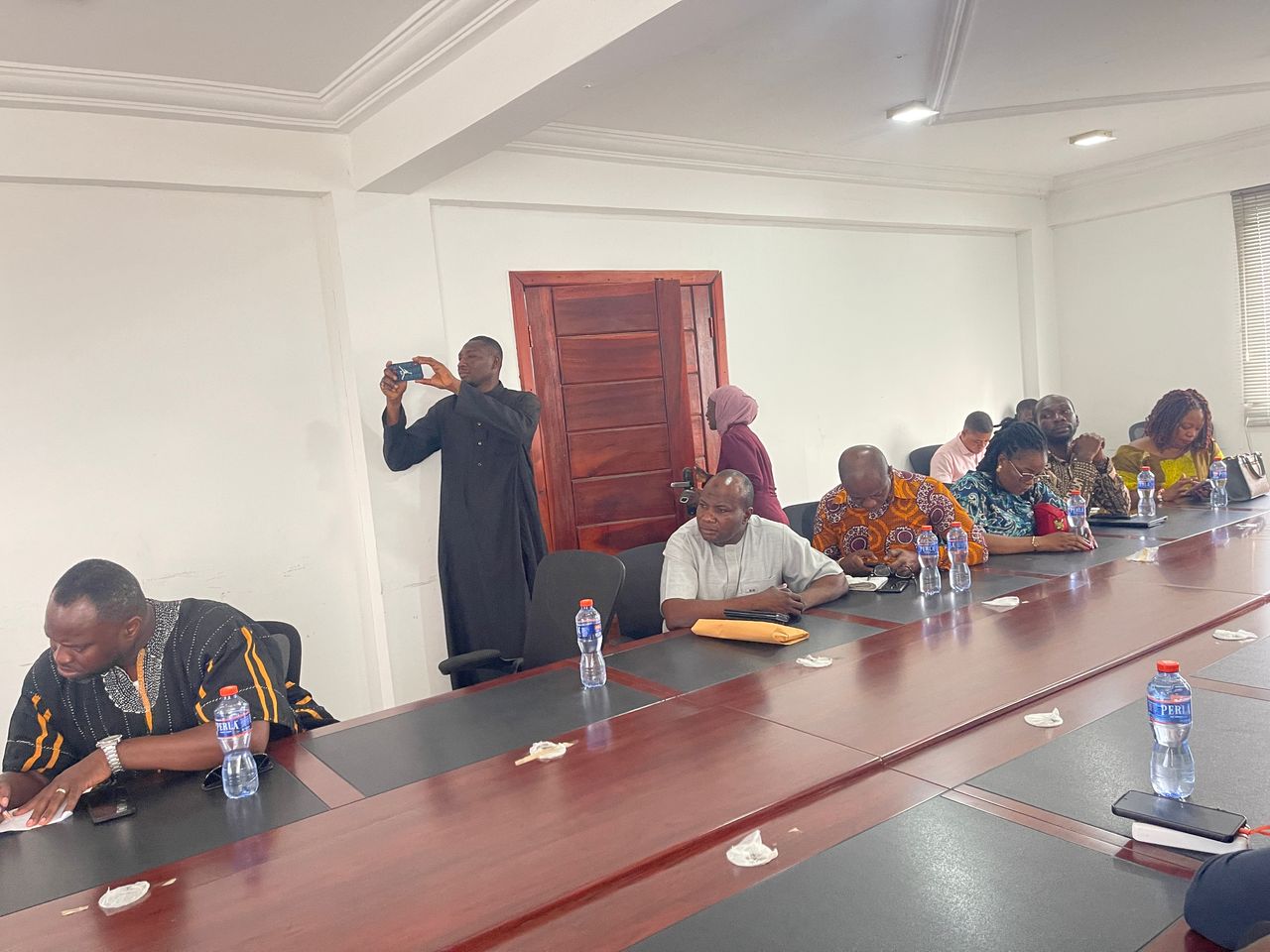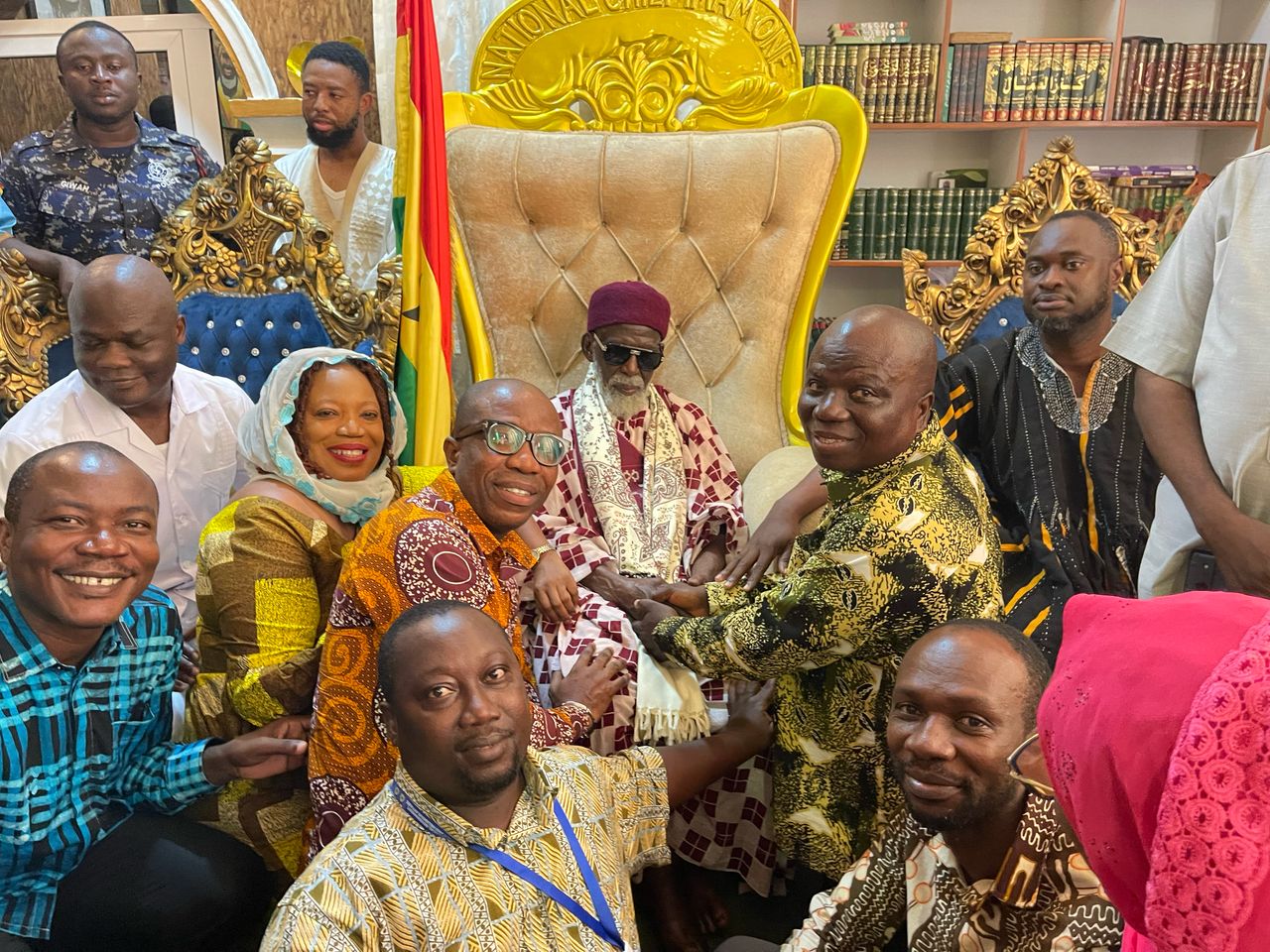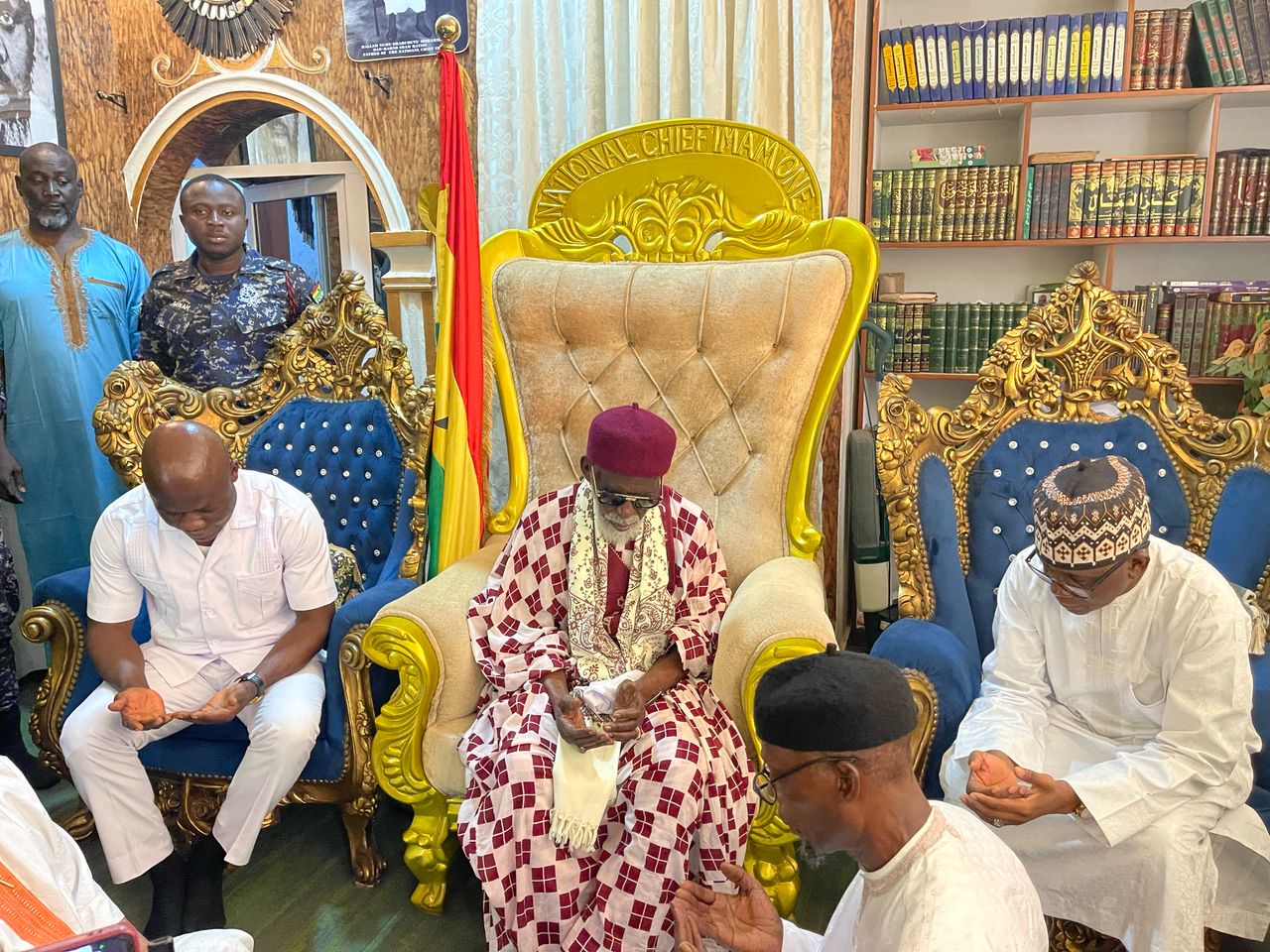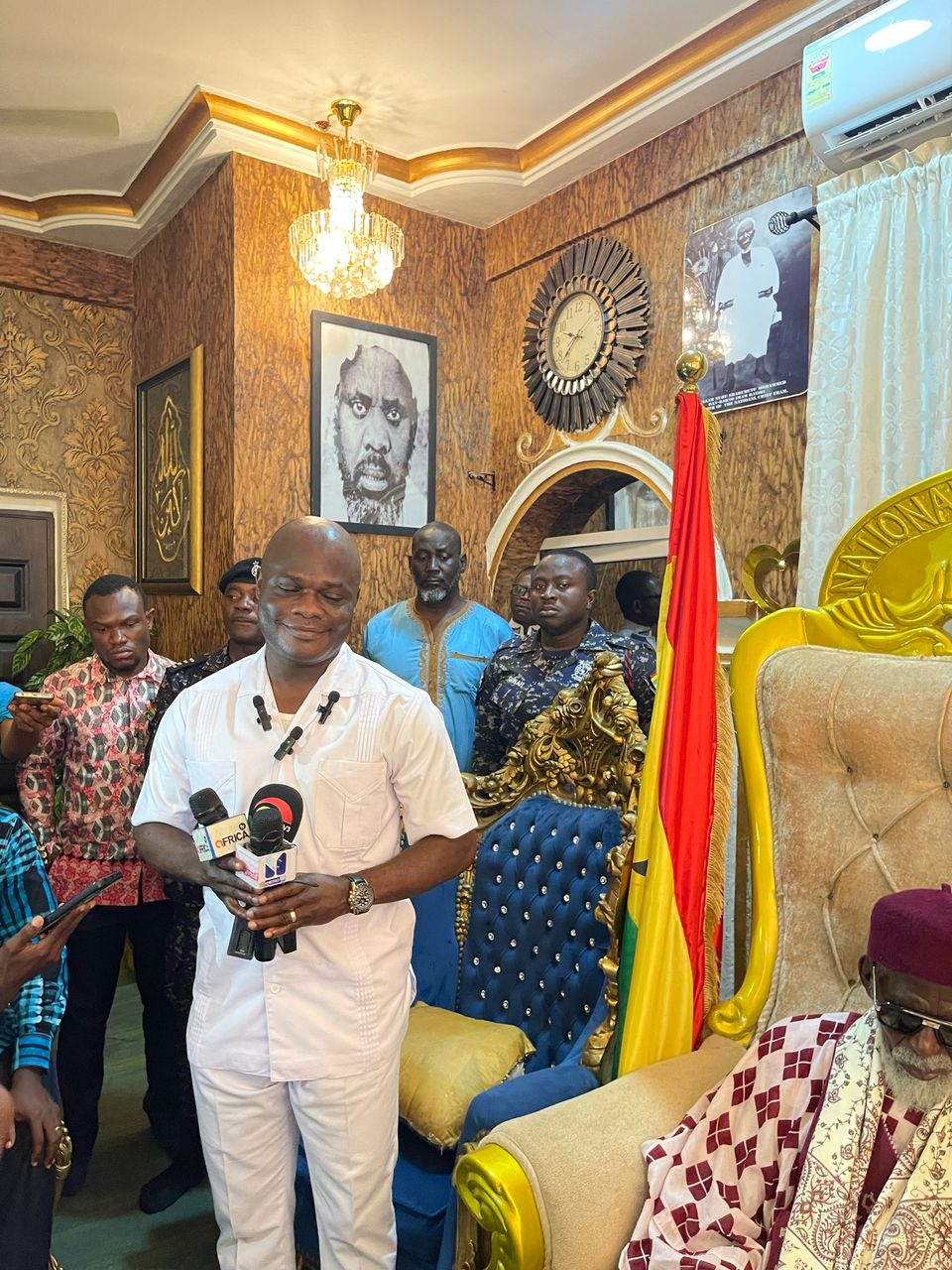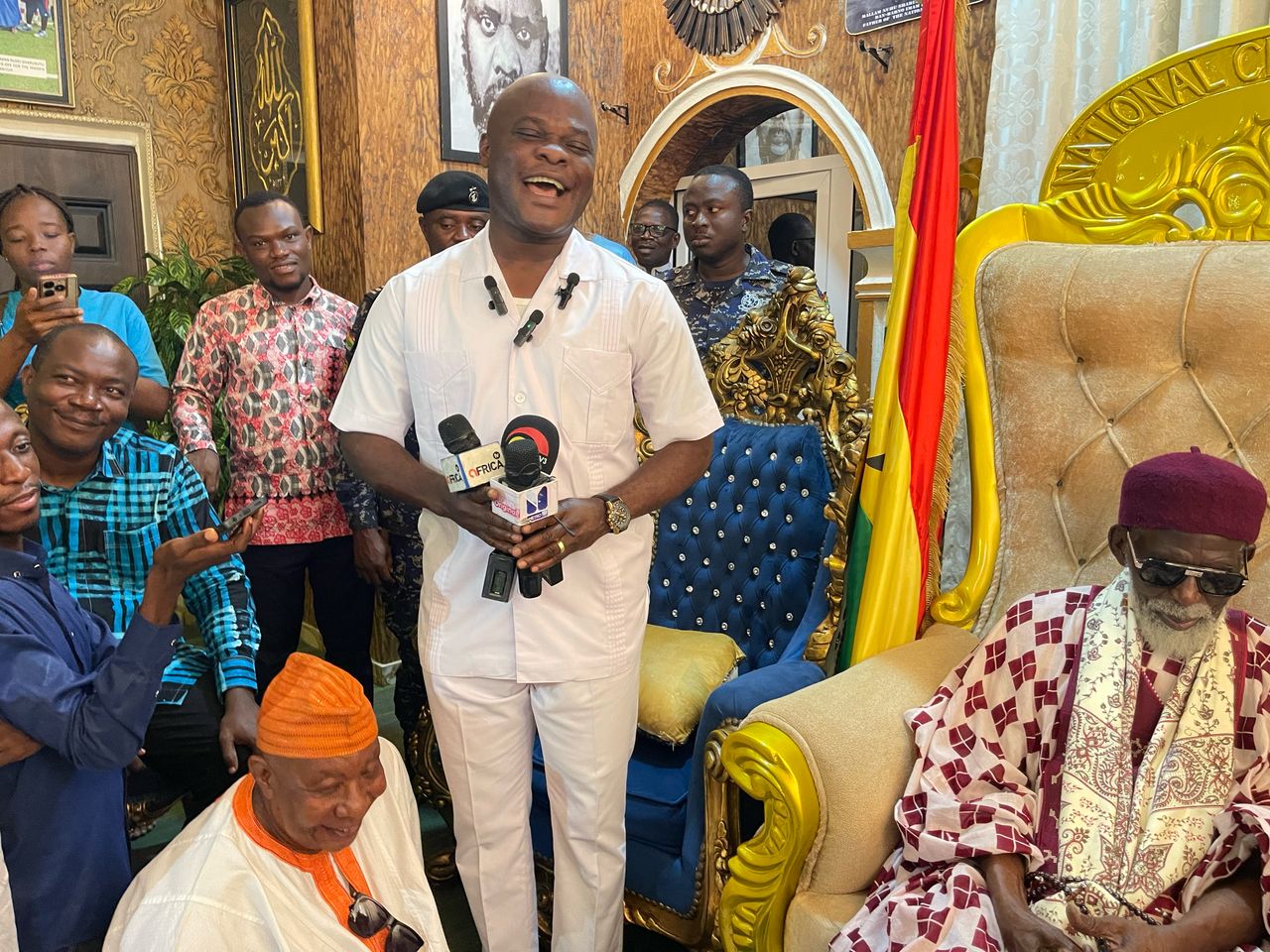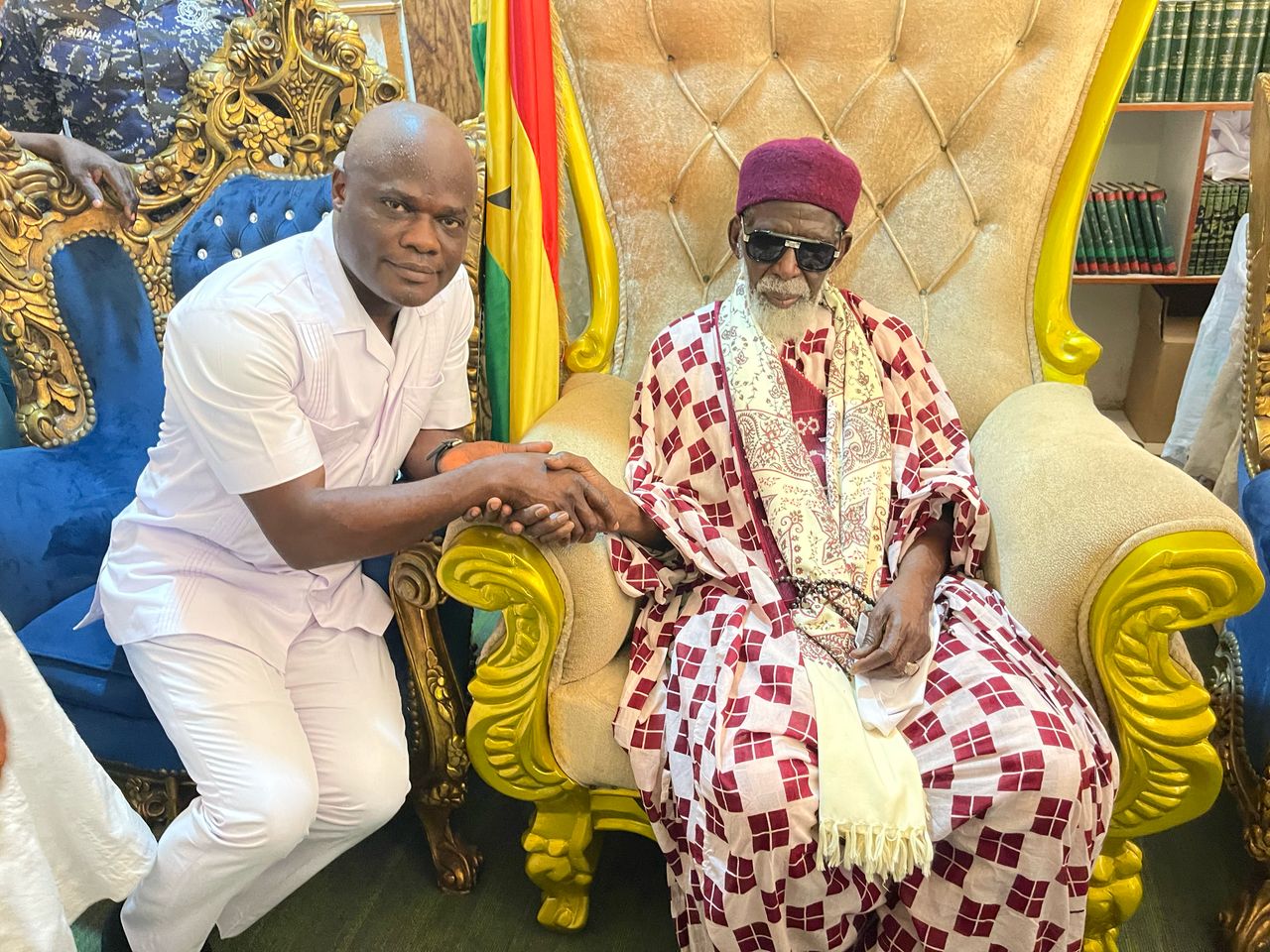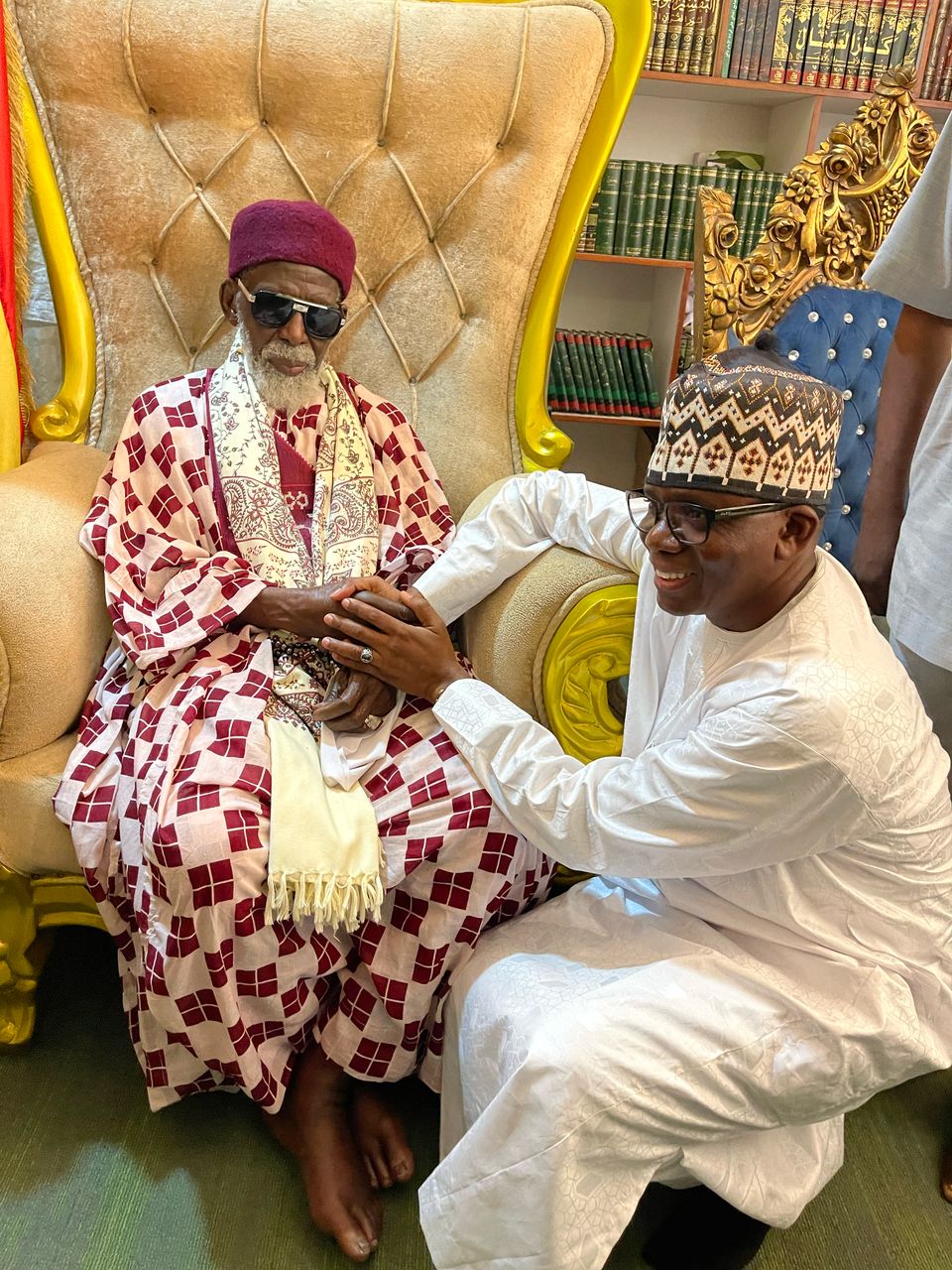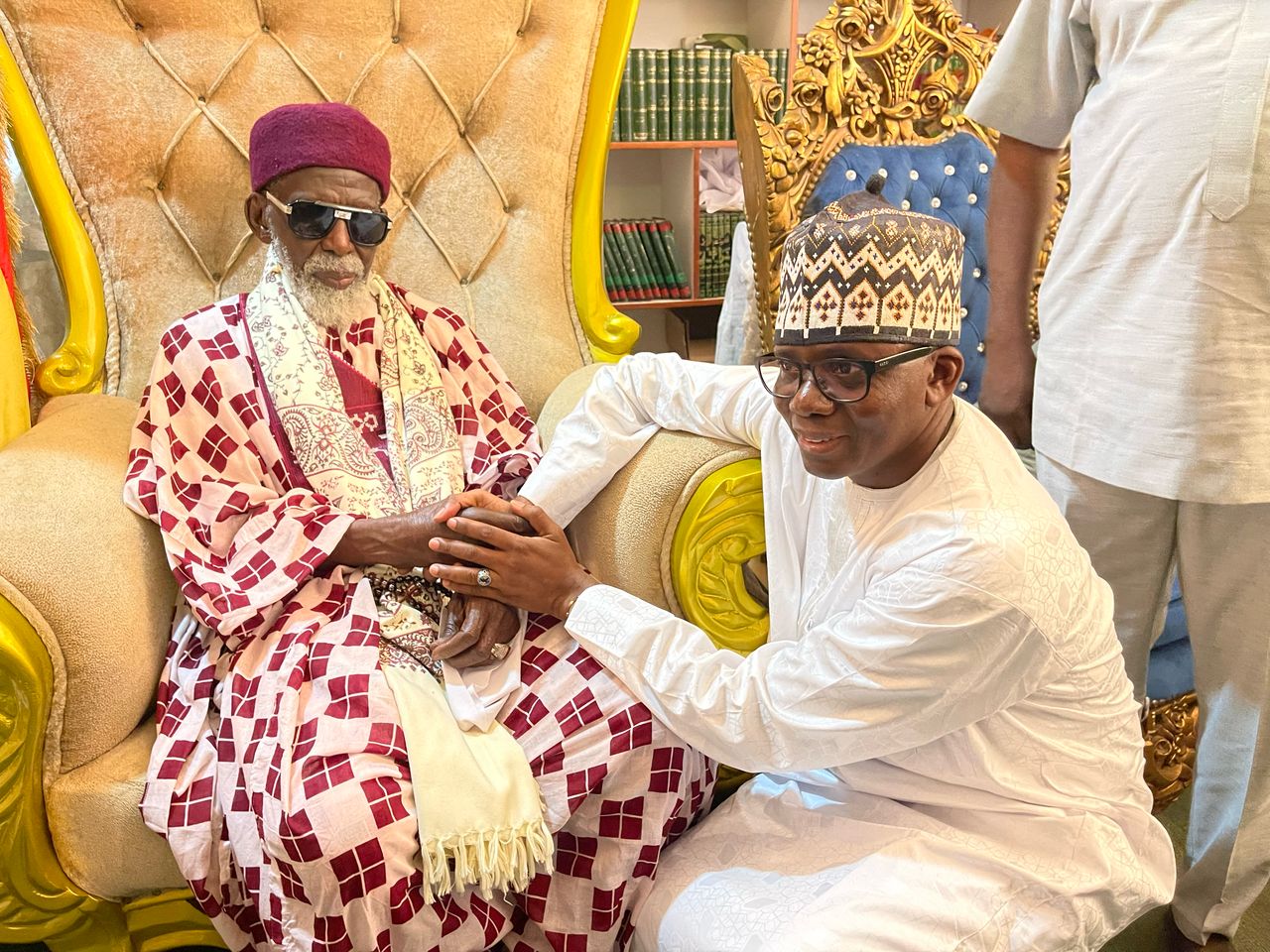The lack of clear and defined internal boundaries is at the heart of ongoing disputes involving traditional, district, regional, and constituency boundaries across Ghana.
According to the Minister for Local Government, Chieftaincy and Religious Affairs, Hon. Ahmed Ibrahim, these boundary disputes stem from the establishment of constituencies and boundaries without giving adequate consideration to the capacity of critical institutions like the Statistical Service, the Electoral Commission, and the Lands Commission to properly delineate and manage these areas.
Hon. Ibrahim explained that this oversight could lead to difficulties in accurately defining boundaries, ensuring proper representation, and managing resources, all of which contribute to the rise in disputes. He stressed the need for a focused approach to resolving these issues and improving boundary management in the country.
The Minister made these comments during a courtesy call by the Ghana Boundary Commission (GBC) to the Ministry in Accra, where they discussed matters of national importance and also extended congratulations to Mr. Ibrahim on his appointment.
Highlighting the challenges of relying on external funding from bodies like the Economic Community of West African States (ECOWAS), Mr. Ibrahim questioned why Ghana should depend on outside sources to finance the protection and management of its boundaries. "It is time for us to reassess these arrangements and look for sustainable, internal solutions to manage our boundaries effectively," he remarked. He added that the Ministry would work to provide the necessary facilities to improve boundary management within the country.
The Minister also noted the importance of fostering local economic activities along these boundaries, an issue that requires immediate attention. He urged the Committee on Local Governments and the Independent Constitutional Body Committee to ensure that boundary management is integrated into the formula for the District Assemblies Common Fund.
Major General Emmanuel Kotia, the Commissioner General of the Ghana Boundary Commission, addressed the challenge of displaced boundary pillars due to natural factors like erosion. He emphasized the need for reaffirming international boundaries, which would include sensitization, agreement on the coordinates of boundary pillars with neighboring countries, and the construction of new pillars, including main, intermediate, and border crossing markers.
General Kotia also pointed out that many districts facing boundary disputes are located along international borders. To address this, he called for enhanced collaboration, where affected districts engage the GBC to help resolve boundary challenges. He emphasized that such collaboration is key to supporting local economic development, particularly in areas with agricultural needs.
“This collaboration will not only help improve livelihoods but also address perceptions of deprivation, contributing to sustainable economic growth and bettering the overall well-being of these districts,” he concluded.
He also took the opportunity to appeal to the Ministry to create opportunities for the Commission to build the capacities of District Chief Executive Officers (DCEs), Religious Bodies, Traditional Authorities and other organized bodies and stakeholders in their role and connections with the Ghana Boundary Commission on its activities and interventions.
Source: Darling Maame Efua Cann/Stephanie Edem Klutsey
(Public Relations Unit MLGDRD)

